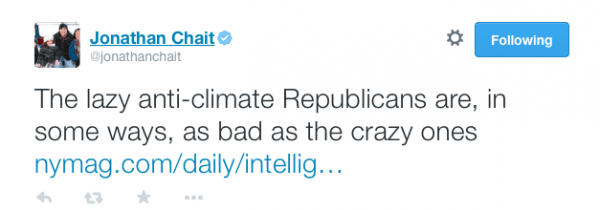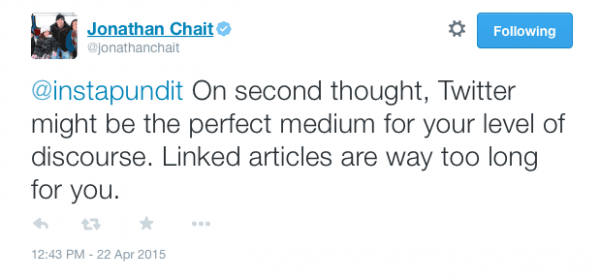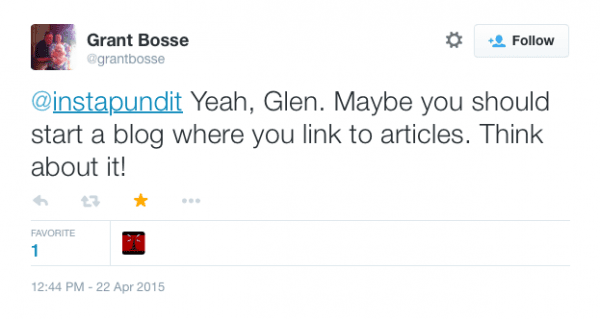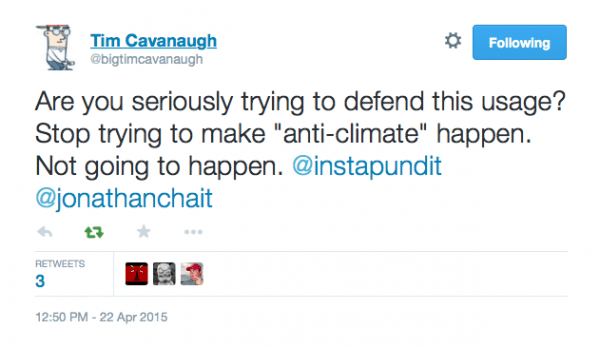SNIFFING AROUND FOR PRIVACY: The Supreme Court yesterday ruled that police cannot detain motorists stopped for a routine traffic violation any longer than it takes to complete their resolution of the traffic violation (running a driver’s license/registration/insurance check and writing a ticket). The case, Rodriguez v. United States, involved a pull-over for erratic driving. After running routine checks associated with the traffic violation, the officer asked Rodriguez to consent to a police drug dog sniff of his vehicle. When Rodriguez declined, the officer radioed for backup and the dog sniffed Rodriguez’s vehicle anyway. The dog discovered methamphetamines.
The Court, 6-3– with an interesting and broad ideological coalition of Ginsburg, Roberts, Scalia, Breyer, Sotomayor and Kagan– ruled that the dog’s use was “unreasonable” under the Fourth Amendment absent “reasonable suspicion” that Rodriguez had drugs. Whether the officer in Rodriguez’s case actually had a reasonable suspicion that Rodriguez possessed drugs is a question upon which the Court did not pass, remanding the case back to the lower courts to determine. So Rodriguez may yet lose.
The Rodriguez decision allows drug-sniffing dogs to be used during routine traffic stops– a practice upheld in the 2005 case, Illinois v. Caballes–– but the dogs cannot extend the time necessary to complete investigation of the traffic offense. What’s even more intriguing is that the Rodriguez decision seems to imply that a dog sniff constitutes a “search” under the Fourth Amendment, which contradicts the Court’s 1983 decision in United States v. Place. The Place Court concluded that a dog sniff doesn’t invade one’s “reasonable expectation of privacy,” in the same way that opening up one’s luggage would.
I’ve always thought Place was wrongly decided and hope the Court is walking back its position that dog sniffs aren’t “searches.” If use of a GPS tracker or thermal imager are “searches” under the Fourth Amendment– and the Supreme Court has said they are– then a dog sniff should be, too. They are all mechanisms by which the government can “see” or learn things it otherwise could not. If I put materials in an opaque container– purse; car trunk; suitcase–I have a reasonable expectation of privacy therein, and if the government wants to peek inside, it’s a search. The Court’s recent cell phone case, Riley v. California, is a similar positive step toward enhancing privacy under the Fourth Amendment, particularly outside the home.





